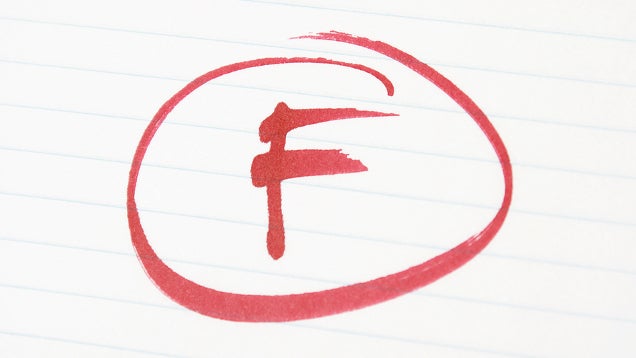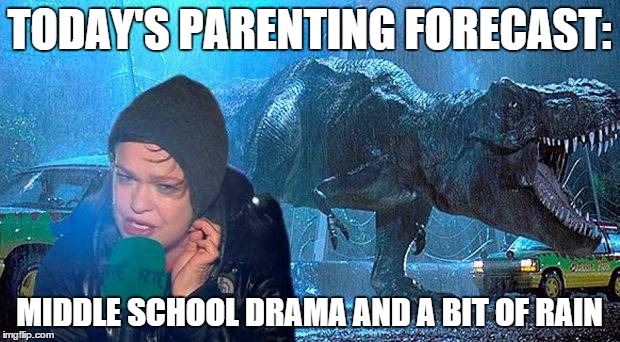
Are the police stationed in schools merely for protection from outside forces (that is, gunmen), or are they another disciplinary measure to be used by principals?
Legislators are again trying to change South Carolina's disturbing schools law into something that doesn't involve charging students with a crime. Does anyone else see the irony when all elementary schools in Charleston County are slated for their own police officers?
Original intent or not, what gives the law a bad press is lack of common sense on the part of principals and administrators and individual police. We've all seen the videos of excess and heard the horror stories regarding misunderstood children.
The Senate approved a bill last year that would have overhauled the law's scope. However, it stalled in the House after "the South Carolina Sheriffs' Association and 7th Circuit Solicitor Barry Barnette opposed the legislation, saying it should remain an option for officers."
"Sen. Mia McLeod, D-Columbia, said her proposal returns the law to its original intent, as approved in 1919 — to protect students from outside threats. Beyond applying only to non-students who come onto campus, her bill increases the penalty from up to a $1,000 fine and 90 days in jail to a $2,000 fine and a year in prison."
A recent Letter to the Editor called this new approach into question. J.T. Foster questioned whether the law's opponents are in touch with "daily life in a school and the problems administrators, educators and school resource officers face." The writer points out that today's students not only violate rules but also perform criminal acts. Foster predicts that "Should the revised version of the statute pass, the defiant student who refuses the orders of administrators will rule. Legislators will find this out quickly as schools are already dealing with disciplinary problems spiraling out of control."
Should a couple of highly-publicized cases bring about a major change to the law--that students cannot be charged with a crime?
Let reason prevail.














